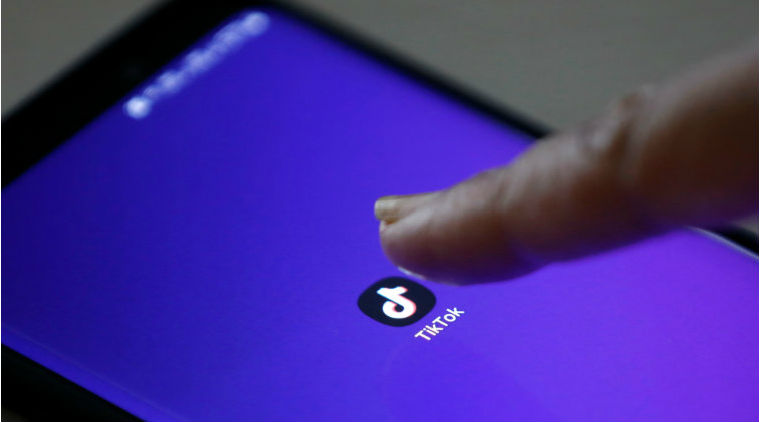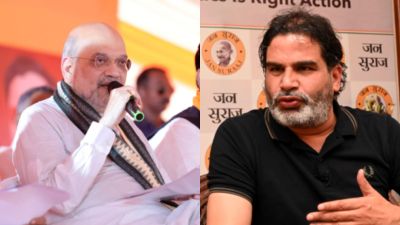TikTok assures ‘safe’ and ‘positive’ in-app environment after Madras High Court asks for app ban
The company explained that it has a mechanism in place that allows users and law enforcement agencies to report content that violates the app's terms of use and comprehensive Community Guidelines.
 Experts believe TikTok’s surging popularity in India could expose young users to porn and inappropriate content.
Experts believe TikTok’s surging popularity in India could expose young users to porn and inappropriate content.
Reacting to the Madras High Court order asking the Center to ban TikTok, a Chinese short-form video app, the app developer said it abides by local rules and regulations and assured the company is committed to protecting users against misuse of the app.
In a statement, TikTok told indianexpress.com, “We are committed to abiding by local laws and regulations. We fully comply with the Information Technology (Intermediaries Guidelines) Rules, 2011. We are currently awaiting the official order by the Honourable High Court of Madras and once received, we will review and take appropriate action regarding this matter.” It added, “maintaining a safe and positive in-app environment at TikTok is our priority.”
Passing its direction, the Madurai bench of the Madras High Court on Wednesday observed that pornography and inappropriate contents are made available through mobile apps like TikTok.
Also read: Madras High Court asks Centre to ban use of TikTok app
Showing its seriousness to the matter, TikTok highlights how it is concerned about users privacy and digital wellbeing. It further noted that the company is committed to protecting users against misuse of the app, which is quite popular among teens in India.
The company explained that it has a mechanism in place that allows users and law enforcement agencies to report content that violates the app’s terms of use and comprehensive Community Guidelines. To better coordinate with law enforcement agencies, TikTok has appointed a Chief Nodal Officer based out of India.
TikTok, a video-sharing app that allows users to generate and upload short clips, has become the latest fixation among teens. The app has over 500 million active users base worldwide; Indian TikTok user numbers recently reached 104 million. Experts believe TikTok’s surging popularity in India could expose young users to porn and inappropriate content.
That could be the reason why the Madras High Court has passed an order to restrict the download and user of TikTok app in India. The TikTok app has already been banned in countries like Bangladesh and Indonesia over the same reason.







